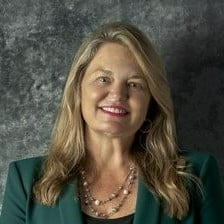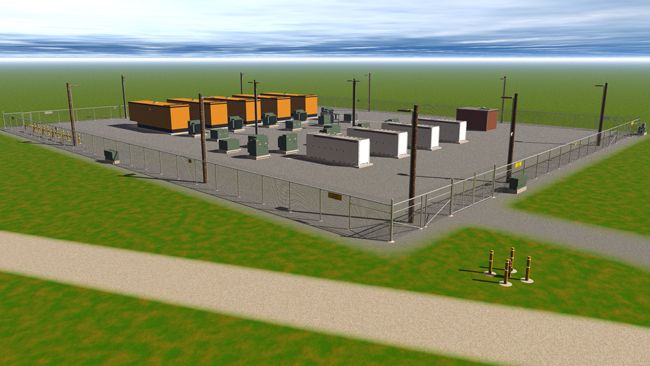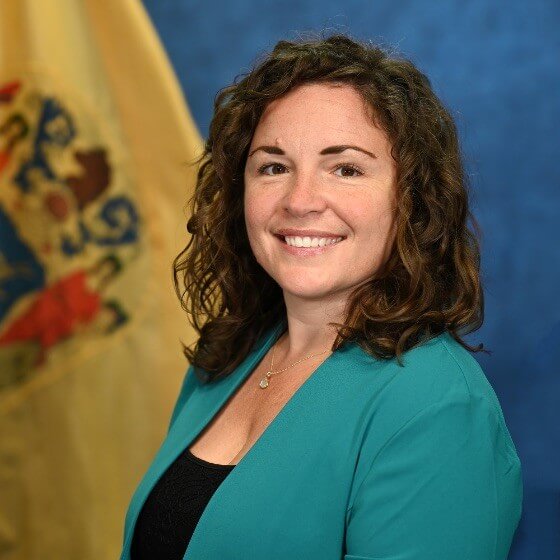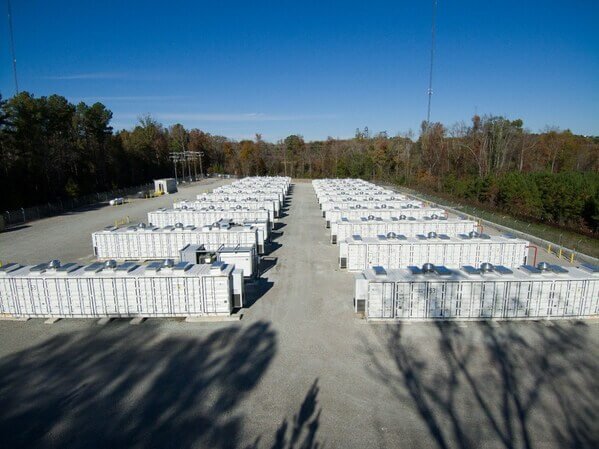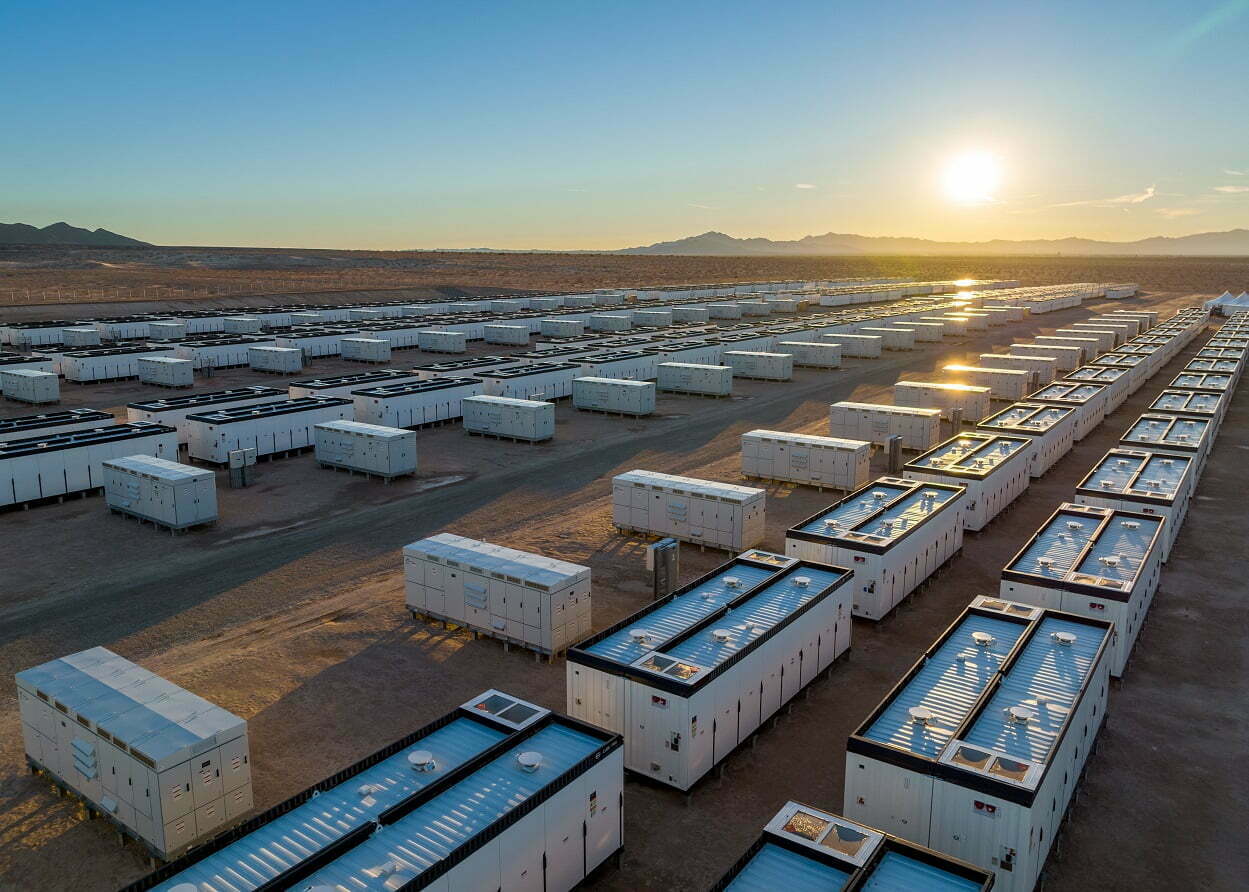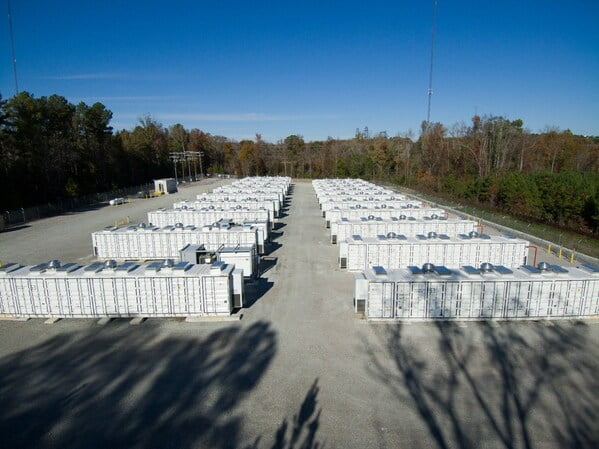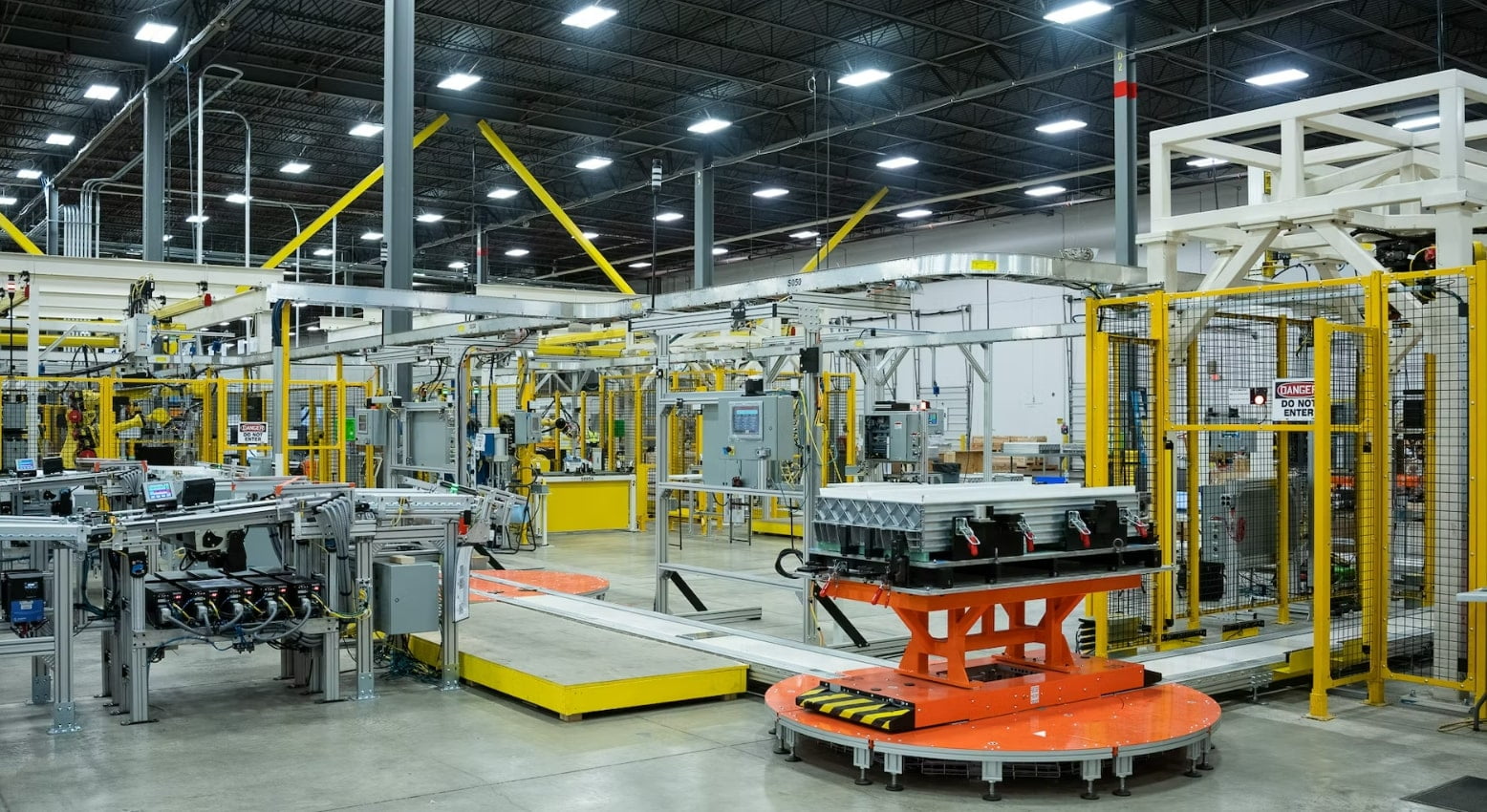Transgrid had already selected Hydrostor’s proposed LDES project as the most suitable of a range of options in May 2022, and this agreement marks a formalising of that process.
From ‘as early as 2027’, Hydrostor will need to provide 50MW of power capacity and 250MWh of energy storage from Silver City to the town of Broken Hill in the event of a planned or unplanned power outage.
Transgrid operates the high voltage electricity transmission network in New South Wales and the Australian Capital Territory.
Hydrostor is working with mining company Perilya to build the project at the latter’s existing facilities near Broken Hill. Its total cost is pegged at AU$652 million (US$420 million).
The company is also developing a larger, 4GWh project in California, although this summer revealed it may need to find alternative sites for that one.
Organic flow battery company CMBlu working with US national labs
US national labs Argonne National Laboratory and Idaho National Laboratory (INL) will undertake a demonstration project to validate the LDES technology of Germany-based organic flow battery firm CMBlu Energy.
The project was one of six selected by the Department of Energy (DOE) as part of a lab call for LDES technologies in September.
It will aim to provide insights for microgrids and help to make electric vehicle (EV) charging more affordable in rural and underserved communities, and will take place at two locations.
Argonne researchers will test CMBlu’s Organic SolidFlow battery technology at its Smart Energy Plaza in Chicago, while INL researchers will test the tech at its INL Battery Test Center in Idaho.
Other project partners include trade body Illinois Alliance for Clean Transportation, utility-funded research organisation Electric Power Research Institute (EPRI), engineering consultancy Jensen Hughes, non-profit Drive Clean Indiana and utility National Grid.
Ørsted concludes ‘there is value’ in combining Highview’s liquid air LDES tech with offshore wind
Wind giant Ørsted and liquid air energy storage firm Highview Power have concluded that ‘there is value’ in combining offshore wind with the latter’s technology, following several months of joint investigation.
In April 2023, the pair started carrying out technical analysis and an economic assessment of the potential of combining Ørsted’s offshore wind assets – it is the largest operator in the world – with Highview’s liquid air-based LDES technology.
Announcing the conclusions of the work this week, a media statement said: ‘The results show that there is value to combining offshore wind with LAES (liquid air energy storage) to support reducing wind curtailment, increasing productivity, and helping the move to a more flexible, resilient zero carbon grid.’
‘Further, as a result of this study, the companies believe a project can be developed and built aligned with the timeline of an offshore wind farm.’
The companies have not given any firm dates or plans for a project, however.
Statkraft partners with saltwater flow battery firm Aquabattery at COP28
Norwegian state-owned energy firm Statkraft has partnered with Aquabattery, which has developed an LDES solution using salt and water-based flow battery technology.
Aquabattery’s technology is designed for discharge durations of 6 hours or more.
“We are very excited about this partnership. Aquabattery’s new technology is promising. It has the potential to accelerate and revolutionise the development of long duration energy storage. Without the right mix of energy storage in the system, we risk slowing the pace of wind and solar rollout, and consequently the green transition,” said Statkraft CEO Christian Rynning-Tønnesen.
The two companies will develop a pilot project to test the technology in Delft, the Netherlands.
Energy Vault gets DNV’s bankability report for its BESS product
Energy Vault, the company known for its gravity-based LDES tech, has had its battery energy storage system (BESS) validated by global assurance and risk management provider DNV.
DNC has given Energy Vault’s B-VAULT BESS a comprehensive, successful due diligence evaluation. The report, six months of work, concluded that B-VAULT conforms to industry expectations for performance, safety and reliability.
Energy-Storage.news covered this announcement in more depth in a roundup of news from the short-duration energy storage market, also published today.
Energy Vault CEO Rob Piconi discussed the firm’s move into short-duration BESS technology in an interview earlier this year (Premium access).
Energy-Storage.news’ publisher Solar Media will host the 9th annual Energy Storage Summit EU in London, 21-22 February 2024. This year it is moving to a larger venue, bringing together Europe’s leading investors, policymakers, developers, utilities, energy buyers and service providers all in one place. Visit the official site for more info.
Continue reading

